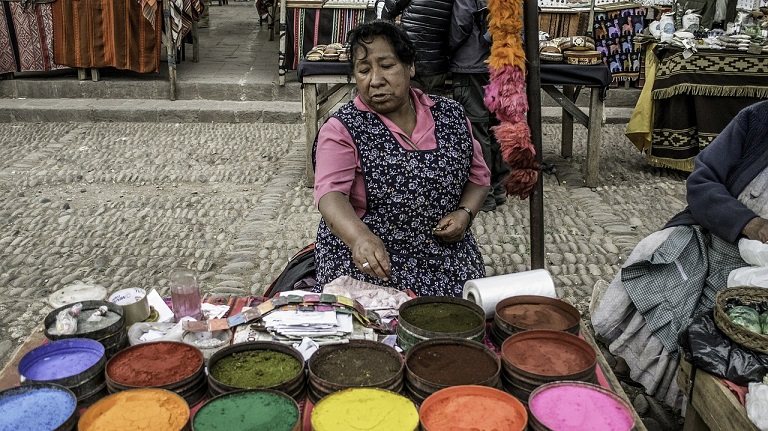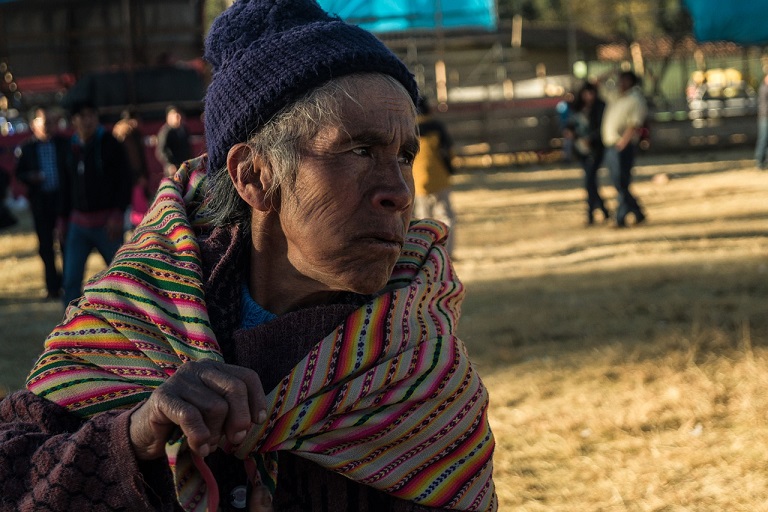The impact of the worst environmental disaster in Peruvian history – caused by Repsol – has been severe for the lives and economic, social, cultural and environmental rights of the affected populations.
 More than 34,000 residents of the coastal districts of Ancón, Aucallama, Chancay, Huacho, Santa Rosa and Ventanilla in the northern Lima region have collectively sued the Spanish company in a court in The Hague, the Netherlands.
More than 34,000 residents of the coastal districts of Ancón, Aucallama, Chancay, Huacho, Santa Rosa and Ventanilla in the northern Lima region have collectively sued the Spanish company in a court in The Hague, the Netherlands.
They are fishermen, street vendors, small traders and other residents whose economy and environment were affected by the spill of 11,000 barrels of crude oil near the coast on 15 January 2022 when a tanker was unloading fuel for the refinery operated by Repsol in the municipality of Ventanilla. The lawsuit was promoted by a community campaign that gathered the support of citizens in the streets between November 2023 and last January, after demanding in vain that Repsol compensate them for the damage suffered, in some cases permanent, as is the case of the fishermen, where the sediments of the crude oil on the seabed devastated the fauna.
 The environmental organisation Stichting Environment and Fundamental Rights (SEFR) – dedicated to defending the interests of disaster victims – brought the case in the Netherlands because Repsol Peru V.B. is registered there.
The environmental organisation Stichting Environment and Fundamental Rights (SEFR) – dedicated to defending the interests of disaster victims – brought the case in the Netherlands because Repsol Peru V.B. is registered there.
A preliminary hearing on the lawsuit will be held next June, when the court will rule on whether to take up the case, and SEFR representatives hope that Repsol will agree to a settlement with those affected to avoid protracted and costly litigation that could last up to three years. Among the claimants, organisations of small-scale fishermen denounce that the company Repsol, which claims to have compensated most of those affected, has in fact only insufficiently compensated a minority of them.
The transnational company argues that the lawsuit is unfounded and should be heard only in Peru. But Repsol has already been repeatedly fined and reproached by officials, journalists and environmental experts for failing to provide adequate and timely information about the spill and its consequences, and even for minimising the seriousness of the disaster.
 A report by non-governmental organisations such as CooperAcción, the Centre for Public Policy and Human Rights (CooperAction, the Centre for Public Policy and Human Rights) (Peru Equidad), EarthRights International (ERI) and with the support of the International Federation for Human Rights (FIDH), verified the severity of the effects of the spill. Among other details, the report said the oil spill caused the loss of 1,850 species of wildlife, including several endangered species. PL
A report by non-governmental organisations such as CooperAcción, the Centre for Public Policy and Human Rights (CooperAction, the Centre for Public Policy and Human Rights) (Peru Equidad), EarthRights International (ERI) and with the support of the International Federation for Human Rights (FIDH), verified the severity of the effects of the spill. Among other details, the report said the oil spill caused the loss of 1,850 species of wildlife, including several endangered species. PL
(Translated by Cristina Popa – Email: gcpopa83@gmail.com) – Photos: Pixabay












.jpg)












